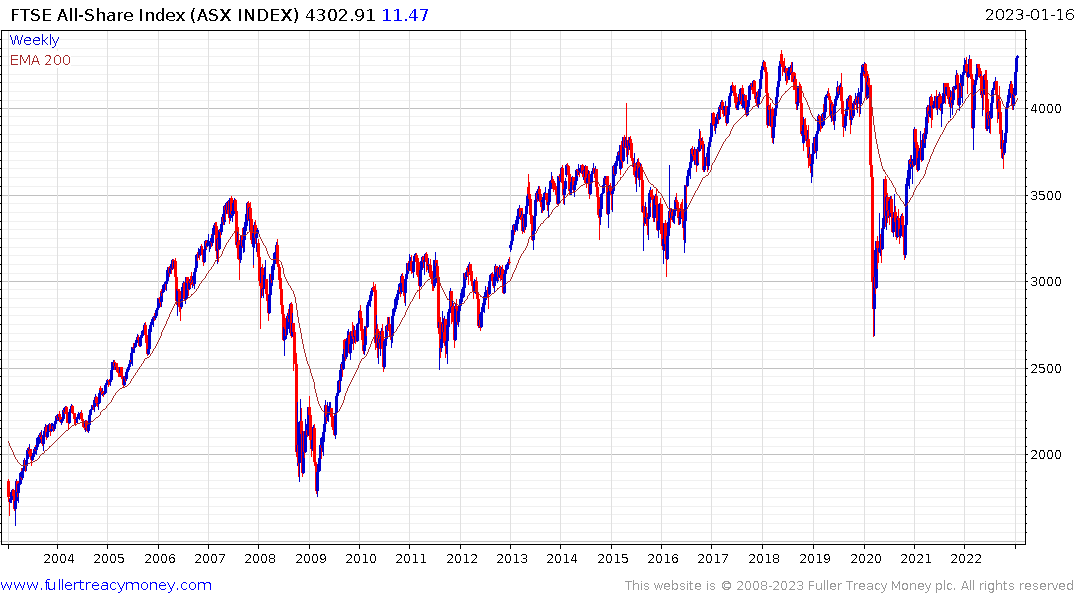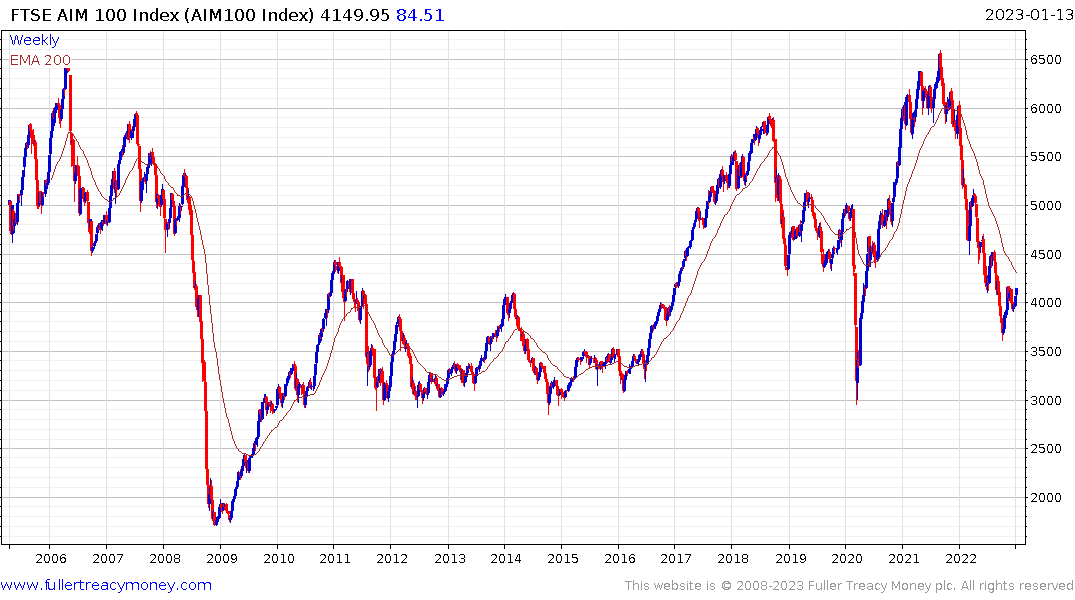Sunak Plans to Strengthen Anti-Protest Laws With Police Powers
This article from Bloomberg may be of interest to subscribers. Here is a section:
UK Prime Minister Rishi Sunak plans to strengthen anti-protest legislation, giving police additional powers to clamp down on demonstrations even before they’ve caused any disruption.
The government on Monday will propose an amendment to its own Public Order Bill — currently working its way through the House of Lords — to broaden the definition of what constitutes “serious disruption,” according to a statement from Sunak’s office.
“We cannot have protests conducted by a small minority disrupting the lives of the ordinary public: it’s not acceptable and we’re going to bring it to an end,” Sunak said in the statement. “The police asked us for more clarity to crack down on these guerrilla tactics, and we have listened.”
The legislation is aimed at strengthening the police’s ability to deal with protests such as those in recent years from environmental campaigners at Just Stop Oil and Extinction Rebellion, who have brought traffic and public transport to a standstill by blocking bridges, motorways and London’s subway network. But it’s provoked the ire of civil liberty groups and of the opposition Labour Party.
Labour’s policing spokeswoman, Sarah Jones, said in a statement that the police already have powers to deal with disruptive protests. She criticized Sunak for not focusing instead on tackling “the epidemic of violence against women and girls” or on prosecuting criminals.
The amendment will include allowing police to consider the total impact of a series of protests rather than treating them as a single incident; giving officers the right to step in even before a protest has resulted in disruption, and letting them deal with long-running campaigns designed to cause chaos repeatedly, according to the statement.
Tightening the noose of civil liberties is almost always done in a reasonable manner. Who could argue with additional measures to ensure extremist activists don’t block major roads? Of course, we need additional measures to stop activists from defacing great works of art. However, once these kinds of measures are in place, they are often applied at the discretion of the authorities in new and surprising ways. With teachers ready to strike, the government appears to be putting measures in place to combat disruptions.
This is especially relevant as the government begins to look at revenue-raising measures and future cuts to spending. ISAs are one of the primary savings mechanisms for UK investors because they are immune from interest and capital gains taxes. This article from the Telegraph highlights how that favourable tax treatment is being reassessed. Here is a section:
ISAs alone are expected to cost the Treasury £4.3bn in foregone revenue by the end of the 2023/24 tax year, the report found.
No concrete measures have been announced but the one thing we know is government everywhere need revenue as ways are found to pay for the pandemic spending.


Meanwhile, the FTSE All-Share is testing its all-time peak and the AIM100 has put in its first higher reaction low in more than a year.


